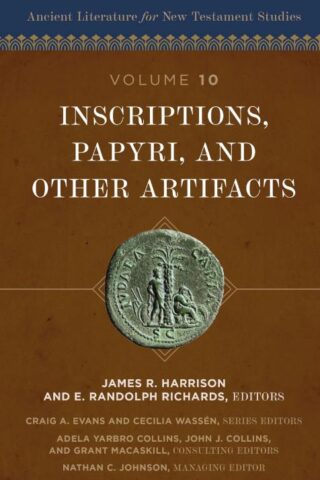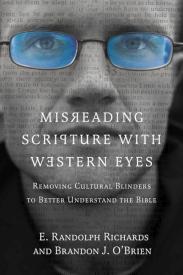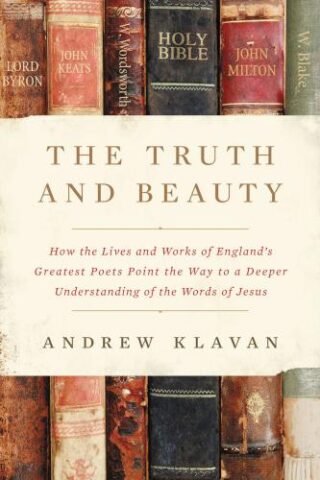E. Randolph Richards
Showing all 2 resultsSorted by latest
-
Inscriptions Papyri And Other Artifacts
$69.99Ancient Literature for New Testament Studies is a multivolume series that seeks to introduce key ancient texts that form the cultural, historical, and literary context for the study of the New Testament.
Each volume will feature introductory essays to the corpus, followed by articles on the relevant texts. Each article will address introductory matters, provenance, summary of content, interpretive issues, key passages for New Testament studies and their significance.
Neither too technical to be used by students nor too thin on interpretive information to be useful for serious study of the New Testament, this series provides a much-needed resource for understanding the New Testament in its first-century Jewish and Greco-Roman context. Produced by an international team of leading experts in each corpus, Ancient Literature for New Testament Studies stands to become the standard resource for both scholars and students. Volumes include:
1. Apocrypha and the Septuagint
2. Old Testament Pseudepigrapha
3. The Dead Sea Scrolls
4. The Apostolic Fathers
5. Philo and Josephus
6. Greco-Roman Literature
7. Targums and Early Rabbinic Literature
8. Gnostic Literature
9. New Testament Apocrypha and PseudepigraphaAdd to cart1 in stock
-
Misreading Scripture With Western Eyes
$18.00Introduction: Coming To Terms With Our Cultural Blinders
Part One: Above The Surface
1. Serving Two Masters: Mores
2. The Bible In Color: Race And Ethnicity
3. Just Words? LanguagePart Two: Just Below The Surface
4. Captain Of My Soul: Individualism And Collectivism
5. Have You No Shame? Honor/Shame And Right/Wrong
6. Sand Through The Hourglass: TimePart Three: Deep Below The Surface
7. First Things First: Rules And Relationships
8. Getting Right Wrong: Virtue And Vice
9. Its All About Me: Finding The Center Of Gods WillConclusion: Three Easy Steps For Removing Our Cultural Blinders?
Acknowledgments
Resources For Further Exploration
NotesAdditional Info
What was clear to the original readers of Scripture is not always clear to us. Because of the cultural distance between the biblical world and our contemporary setting, we often bring modern Western biases to the text. For example: When Western readers hear Paul exhorting women to “dress modestly,” we automatically think in terms of sexual modesty. But most women in that culture would never wear racy clothing. The context suggests that Paul is likely more concerned about economic modesty–that Christian women not flaunt their wealth through expensive clothes, braided hair and gold jewelry.Some readers might assume that Moses married “below himself” because his wife was a dark-skinned Cushite. Actually, Hebrews were the slave race, not the Cushites, who were highly respected. Aaron and Miriam probably thought Moses was being presumptuous by marrying “above himself.”Western individualism leads us to assume that Mary and Joseph traveled alone to Bethlehem. What went without saying was that they were likely accompanied by a large entourage of extended family. Biblical scholars Brandon O’Brien and Randy Richards shed light on the ways that Western readers often misunderstand the cultural dynamics of the Bible. They identify nine key areas where modern Westerners have significantly different assumptions about what might be going on in a text. Drawing on their own crosscultural experience in global mission, O’Brien and Richards show how better self-awareness and understanding of cultural differences in language, time and social mores allow us to see the Bible in fresh and unexpected ways. Getting beyond our own cultural assumptions is increasingly important for being Christians in our interconnected and globalized world. Learn to read Scripture as a member of the global body of Christ.Add to cart1 in stock







